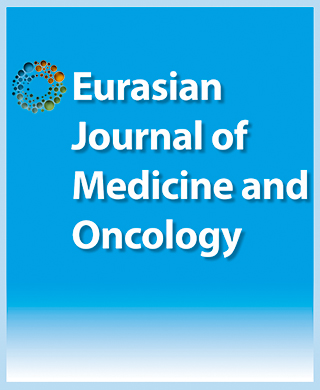

Understanding Clinical Pharmacogenomics: A Descriptive Review
Jesse Ramey1, Prashanth Manjunatha Reddy1, Narendra Sai Varma Datla1, Shiva Prakash1, Yogesh Acharya11Department of Basic Sciences, Avalon University School of Medicine, Willemstad, Curacao,
Pharmacogenomics (PGx) is the study of the correlation between an individualís genome and their response to specific medications. While different individuals respond differently to drugs, it has only been since the documentation of the human genome in 2003 that researchers have been able to make a tighter genetic connection with their metabolism. This study explores the current state of the PGx as of 2019 with an emphasis on its clinical usefulness. We analyzed data from the Food and Drug Administration (FDA), the Clinical Pharmacogenetics Implementation Consortium (CPIC) and PharmGKB, three key organizations that support pharmacogenomics in the US. A supported literature review was performed from PubMed and ClinCalc. We identified 27 drug-biomarker pairs on the highest ratings of confidence based on FDA, CPIC, and PharmGKB and chose 9 exemplary drugs to tabulate the association study (GWAS), PharmGKB dosing and FDA PGx actionability. Keywords: Clinical implementation, description, pharmacogenomics, pharmacogenetics
Cite This Article
Ramey J, Reddy P, Datla N, Prakash S, Acharya Y. Understanding Clinical Pharmacogenomics: A Descriptive Review. EJMO. 2019; 3(2): 92-100
Corresponding Author: Jesse Ramey



